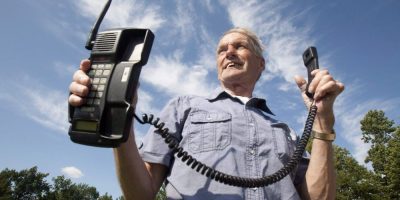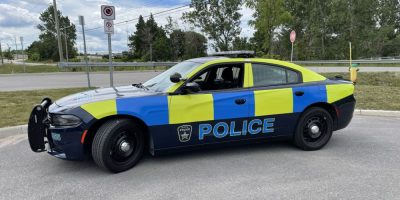News
What Barrie's talking about!
From breaking news to the best slice of pizza in town! Get everything Barrie’s talking about delivered right to your inbox every day. Don’t worry, we won’t spam you. We promise :)
Consent Info
By submitting this form, you are consenting to receive marketing emails from: Central Ontario Broadcasting, 431 Huronia Rd, Barrie, Ontario, CA, https://www.cobroadcasting.com. You can revoke your consent to receive emails at any time by using the SafeUnsubscribe® link, found at the bottom of every email. Emails are serviced by Constant Contact











